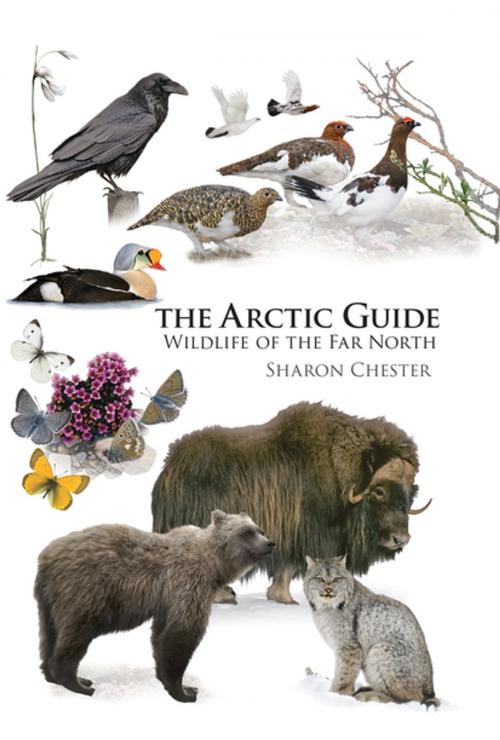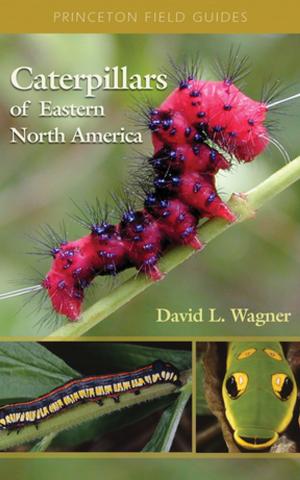The Arctic Guide
Wildlife of the Far North
Nonfiction, Science & Nature, Nature, Animals, Wildlife, Biography & Memoir, Reference| Author: | Sharon Chester | ISBN: | 9781400865963 |
| Publisher: | Princeton University Press | Publication: | September 6, 2016 |
| Imprint: | Princeton University Press | Language: | English |
| Author: | Sharon Chester |
| ISBN: | 9781400865963 |
| Publisher: | Princeton University Press |
| Publication: | September 6, 2016 |
| Imprint: | Princeton University Press |
| Language: | English |
The Arctic Guide presents the traveler and naturalist with a portable, authoritative guide to the flora and fauna of earth's northernmost region. Featuring superb color illustrations, this one-of-a-kind book covers the complete spectrum of wildlife—more than 800 species of plants, fishes, butterflies, birds, and mammals—that inhabit the Arctic’s polar deserts, tundra, taiga, sea ice, and oceans. It can be used anywhere in the entire Holarctic region, including Norway’s Svalbard archipelago, Siberia, the Russian Far East, islands of the Bering Sea, Alaska, the Canadian Arctic, and Greenland. Detailed species accounts describe key identification features, size, habitat, range, scientific name, and the unique characteristics that enable these organisms to survive in the extreme conditions of the Far North. A color distribution map accompanies each species account, and alternative names in German, French, Norwegian, Russian, Inuit, and Inupiaq are also provided.
- Features superb color plates that allow for quick identification of more than 800 species of plants, fishes, butterflies, birds, and mammals
- Includes detailed species accounts and color distribution maps
- Covers the flora and fauna of the entire Arctic region
The Arctic Guide presents the traveler and naturalist with a portable, authoritative guide to the flora and fauna of earth's northernmost region. Featuring superb color illustrations, this one-of-a-kind book covers the complete spectrum of wildlife—more than 800 species of plants, fishes, butterflies, birds, and mammals—that inhabit the Arctic’s polar deserts, tundra, taiga, sea ice, and oceans. It can be used anywhere in the entire Holarctic region, including Norway’s Svalbard archipelago, Siberia, the Russian Far East, islands of the Bering Sea, Alaska, the Canadian Arctic, and Greenland. Detailed species accounts describe key identification features, size, habitat, range, scientific name, and the unique characteristics that enable these organisms to survive in the extreme conditions of the Far North. A color distribution map accompanies each species account, and alternative names in German, French, Norwegian, Russian, Inuit, and Inupiaq are also provided.
- Features superb color plates that allow for quick identification of more than 800 species of plants, fishes, butterflies, birds, and mammals
- Includes detailed species accounts and color distribution maps
- Covers the flora and fauna of the entire Arctic region















